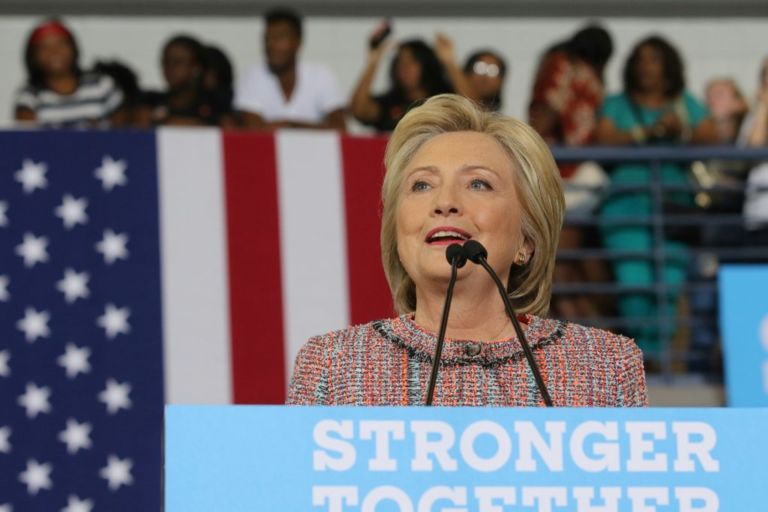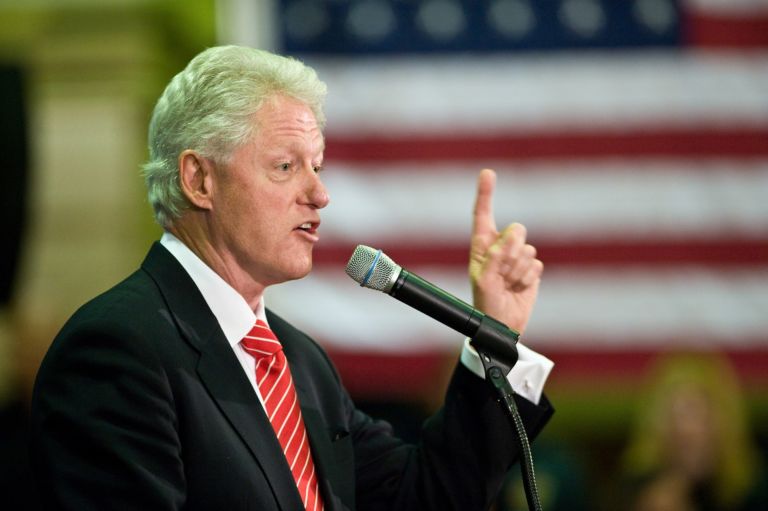Margot Cleveland of the Federalist learns some lessons from the recently concluded Spygate trial.
Less than one week ago, a Washington D.C. jury acquitted former Hillary Clinton campaign attorney Michael Sussmann of lying to former FBI General Counsel James Baker. Since then, pundits on both the left and the right have painted the verdict as an indictment of Special Counsel John Durham, suggesting his investigation into the perpetrators of Spygate is a bust.
This myopic view of the prosecution, however, ignores the many revelations exposed since the special counsel indicted Sussmann last September. …
… 1. The Scheming Behind the Crazy Alfa Bank Hoax
The special counsel’s indictment against Sussmann alleged he lied to Baker when presenting Baker data and whitepapers purporting to show a secret communication network between the Russian-based Alfa Bank and the Trump Organization. While the trial focused on whether Sussmann had told Baker he was bringing the FBI that material on his own, when he was really representing the Clinton campaign and tech executive Rodney Joffe, the indictment and various court filings exposed the birth and nature of the Alfa Bank hoax. …
… 2. Hillary Clinton Greenlighted Pushing the Alfa Bank Hoax to the Media
Many players took part in crafting and peddling the Alfa Bank hoax, but the bottom line proven during the Sussmann trial was that Hillary Clinton both paid for and personally okayed her campaign minions giving the press the fake story about a Trump-Russia secret communication network. Former Clinton campaign manager Robby Mook testified that Clinton personally greenlighted the pushing of that Alfa-Bank hoax, and Sussmann’s acquittal cannot erase that fact. …
… 3. The Clinton Campaign Abused Attorney-Client Privilege
Clinton’s full involvement in the Russia collusion hoax, either directly or through her various Perkins Coie and Fusion GPS agents, remains shrouded from view, in part, because of the former presidential candidate’s abuse of the attorney-client privilege. The Sussmann trial exposed this reality when prosecutors moved for access to 38 documents of some 1,500 withheld from the grand jury based on claims of attorney-client privilege.


